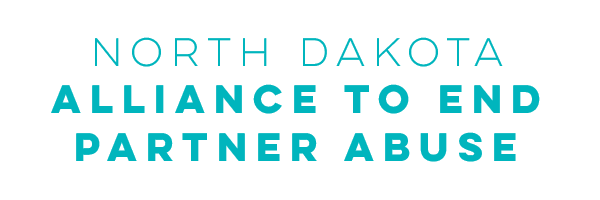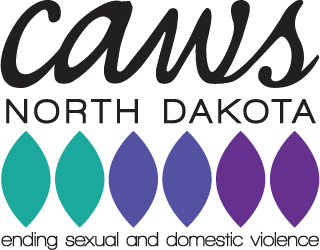CAWS North Dakota announced opposition toward the proposed Marsy’s Law amendment today. Alongside CAWS North Dakota, a group of victims’ advocates and County State’s Attorneys held a press conference in Bismarck to outline concerns with the proposed state constitutional amendment.
According to CAWS North Dakota’s Executive Director Janelle Moos, victims have multi-faceted needs and a “one size fits all” approach doesn’t work as outlined in Marsy’s Law. This pre-packaged constitutional amendment is not geared towards what’s best for victims in North Dakota.
CAWS North Dakota stands with other partners committed to improving access to and promoting the rights of victims currently outlined in state law. Victim service providers and their partners are well positioned to work together to create policies, language and implementation strategies tailored to the needs of victims in our state.
“We believe there will be unintended consequences about the unknown impact on an already overwhelmed system with additional requirements without additional resources. Constitutional measures, although well intentioned are often not clearly defined until litigation (case law), making it difficult to modify or implement. For example, such possible litigation over defining who is a victim may create disadvantages because it could limit or frustrate successful resolution to victims of crime,” said Moos.
CAWS North Dakota has been advocating for the rights of victims by building institutional relationships and helping shape public policy since the late 1970’s. In 1987, under the leadership of CAWS North Dakota, the organization joined other states in passing 21 bills that created broad protections for all victims of crime often referred to as the victim’s “fair treatment standards”. (NDCC 12.1-34). Under this statute victims and witnesses are afforded 18 rights including the right to be notified of the status of the investigation and whether criminal charges have been filed, to be notified of pre-trial release, to be present and participate in court proceedings, to be informed of services available, to be protected from the release of any identifying information, and the right to submit a victim impact statement.
North Dakota has a rich history of collaborative problem-solving through organizational, administrative and legislative processes that date back to 1979 when the first domestic violence statute was passed. This process has allowed time for discussion, negotiation and transparency in creating language and consensus to bring forward change that benefits victims.




